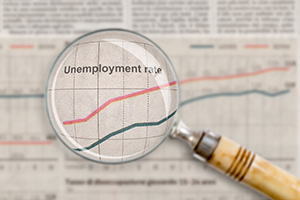It has been an eventful first quarter of the year. When we started 2023, expectations were for a recession in fairly short order, for markets to continue to tank, and for the news to remain bad. Instead, we end the quarter in a much better place than we started. Economic growth is significantly positive. Markets are up, with the Nasdaq now in a new bull market. And while there have been significant negative events—the banking crisis comes to mind—the actual effects we are seeing from those events simply are not that bad.



















